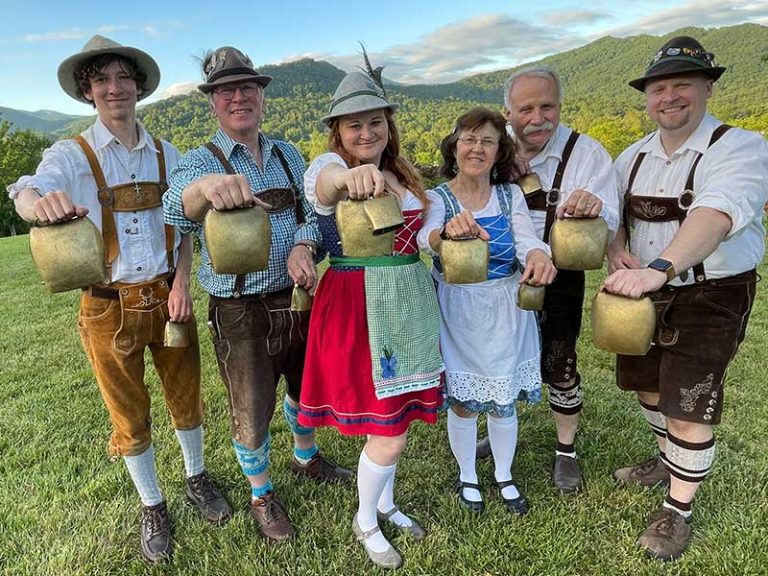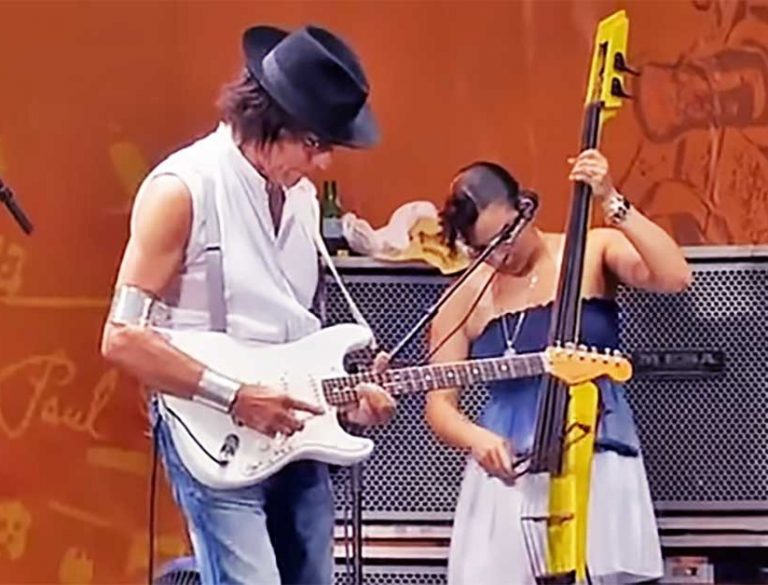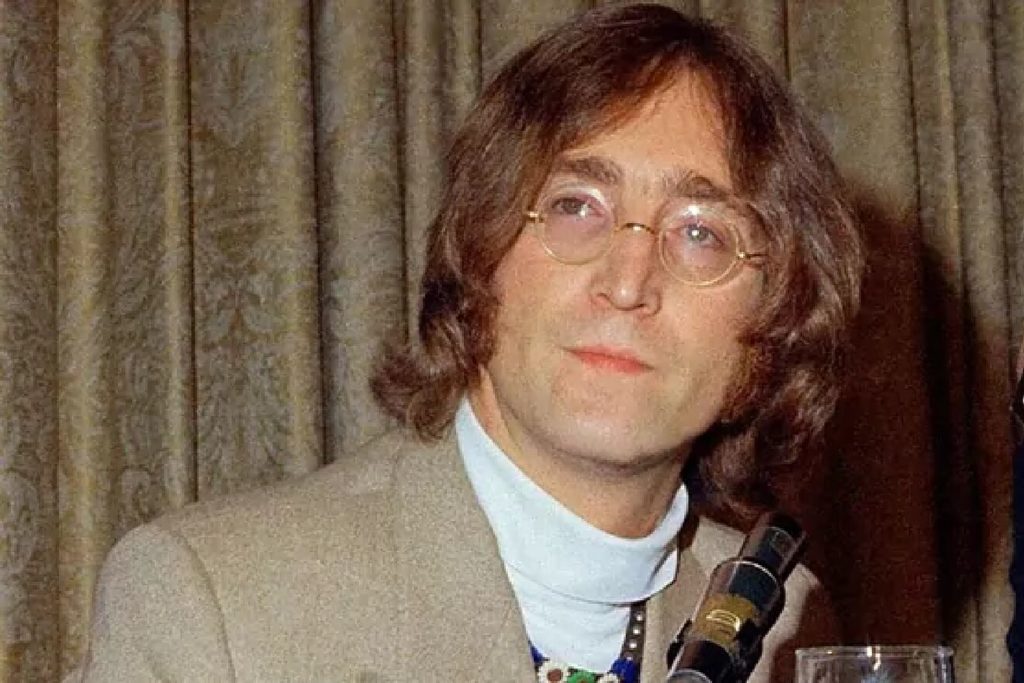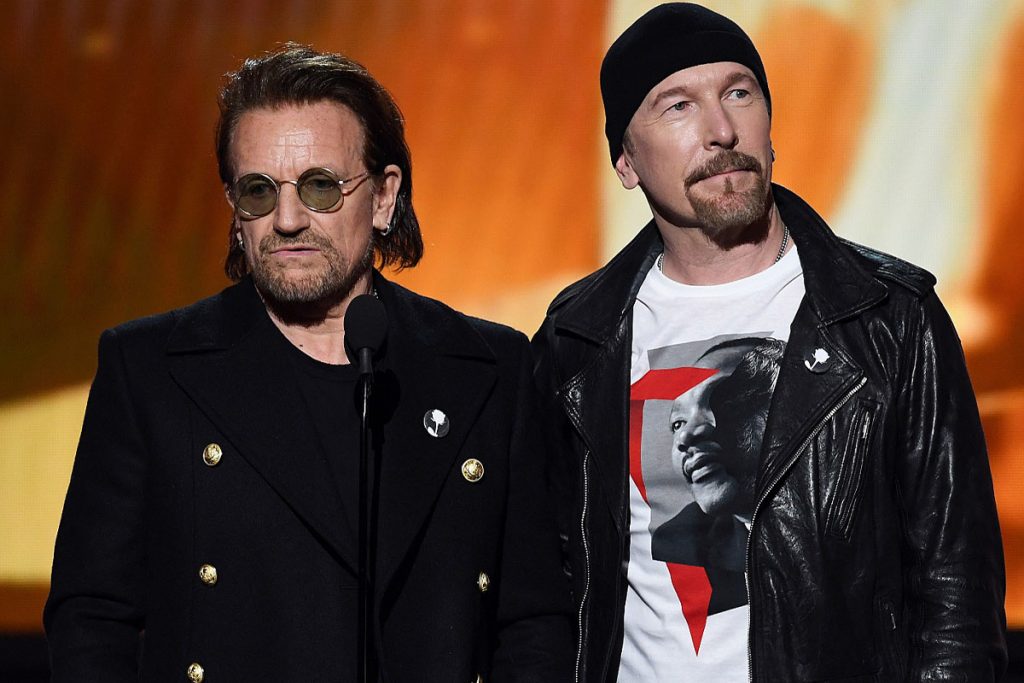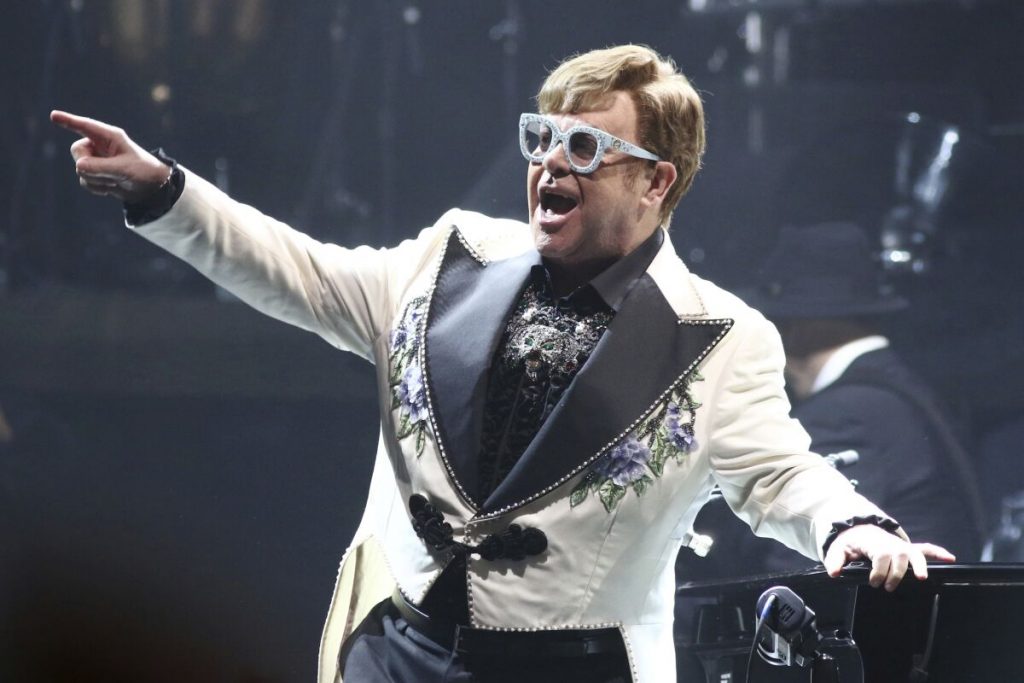If your father happens to be one of the most iconic musicians on Earth, chances are you’d feel a pull to follow in his footsteps. For Joe Sumner, the eldest son of Sting, that calling was impossible to ignore.
Interestingly, Joe arrived before Sting himself had truly discovered his place in music. At the time of his birth, Sting hadn’t even formed The Police, the band that would catapult him into global superstardom.
Joe was the first of two children from Sting’s marriage to actress Frances Tomelty, and like many young people of his generation, his early passion for music was shaped by bands like Nirvana. In 1999, he co-founded the alt-rock outfit Fiction Plane, a project that gave him his first taste of the industry.
Over the years, Joe’s style evolved. While Fiction Plane carved out its own sound, the similarities between father and son became more pronounced—especially when the band had the surreal opportunity to join The Police on their record-breaking reunion tour in 2007.
As his solo career blossomed, Joe often found himself sharing the stage with Sting, not just as an opener but as part of the family act. One unforgettable highlight came in 2018, when Sting invited him up at The Wiltern in Los Angeles for a powerful duet of The Police’s enduring classic Every Breath You Take.
The irony of the song has always been well-documented—many mistake it for a heartfelt love ballad, when in reality it was written from a much darker perspective, rooted in jealousy and the collapse of Sting’s first marriage. He once called it “a nasty little song” born from his own emotional turmoil.
Yet that night in LA, there was nothing sinister about the performance. The bond between father and son shone through as their voices intertwined—Sting’s unmistakable husky timbre blending seamlessly with Joe’s inherited tone. When Joe took over the soaring bridge, fist raised, it was as though Sting’s younger self had stepped forward in time.
Fans who came expecting reggae-infused tracks from Sting’s collaboration with Shaggy got an extra surprise in seeing the family connection unfold live. For Sting, who has always woven reggae influences into his work, the collaboration with Shaggy may have seemed unusual on paper—but sharing the spotlight with his own son felt perfectly natural.
Since then, Sting and Joe have toured together frequently, delighting audiences worldwide. In a 2023 joint interview with Variety, the pair reflected on what makes their partnership special.
“I think people enjoy seeing us side by side. He’s taller than me, but we still look alike,” Sting laughed. “I wouldn’t let him up there if he wasn’t good. I’d have sacked him instantly!” Joe, equally amused, added, “I can vouch for that!”
Beneath the jokes, Sting admitted a deeper pride: “It’s surreal, really—he’s doing what I’ve done all my life, and I hear echoes of myself in his voice. It’s a kind of out-of-body experience, but also something only a father can truly feel.”
Now a father of four himself, Joe may one day watch his own children take to the stage. Whether they choose music or not, the legacy of Sting’s family is already written in song—and it’s clear that Joe has more than carried that torch forward



